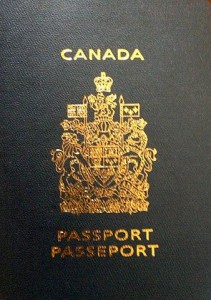
Passport services are not expected to change when Citizenship and Immigration Canada takes over responsibilities for them on July 2 2013
Passport Canada is currently managed by the Department of Foreign Affairs and International Trade (DFAIT), which will officially transfer control of the program to CIC on July 2 2013.
Service Canada, which is a part of Human Resources and Skills Development Canada (HRSDC), meanwhile will manage passport operations, and Service Canada Centres will gradually offer more passport services, eventually also providing online applications for passports.
The federal government hopes to see efficiency gains from the move on account of CIC’s current responsibilities being more closely related to passports than those of DAIFT.
“The government is committed to making passport services more convenient and accessible for Canadians,” said Citizenship and Immigration Minister Jason Kenney. “As Citizenship and Immigration Canada is already responsible for determining Canadian citizenship, integrating the passport program into the department makes good sense.”
Human Resources and Skills Development Minister Diane Finley added:
“Through Service Canada, we offer single-window access to a wide range of Government of Canada programs and services for citizens. Leveraging Service Canada’s resources and service delivery network across the country will make passport services more accessible and convenient.”



